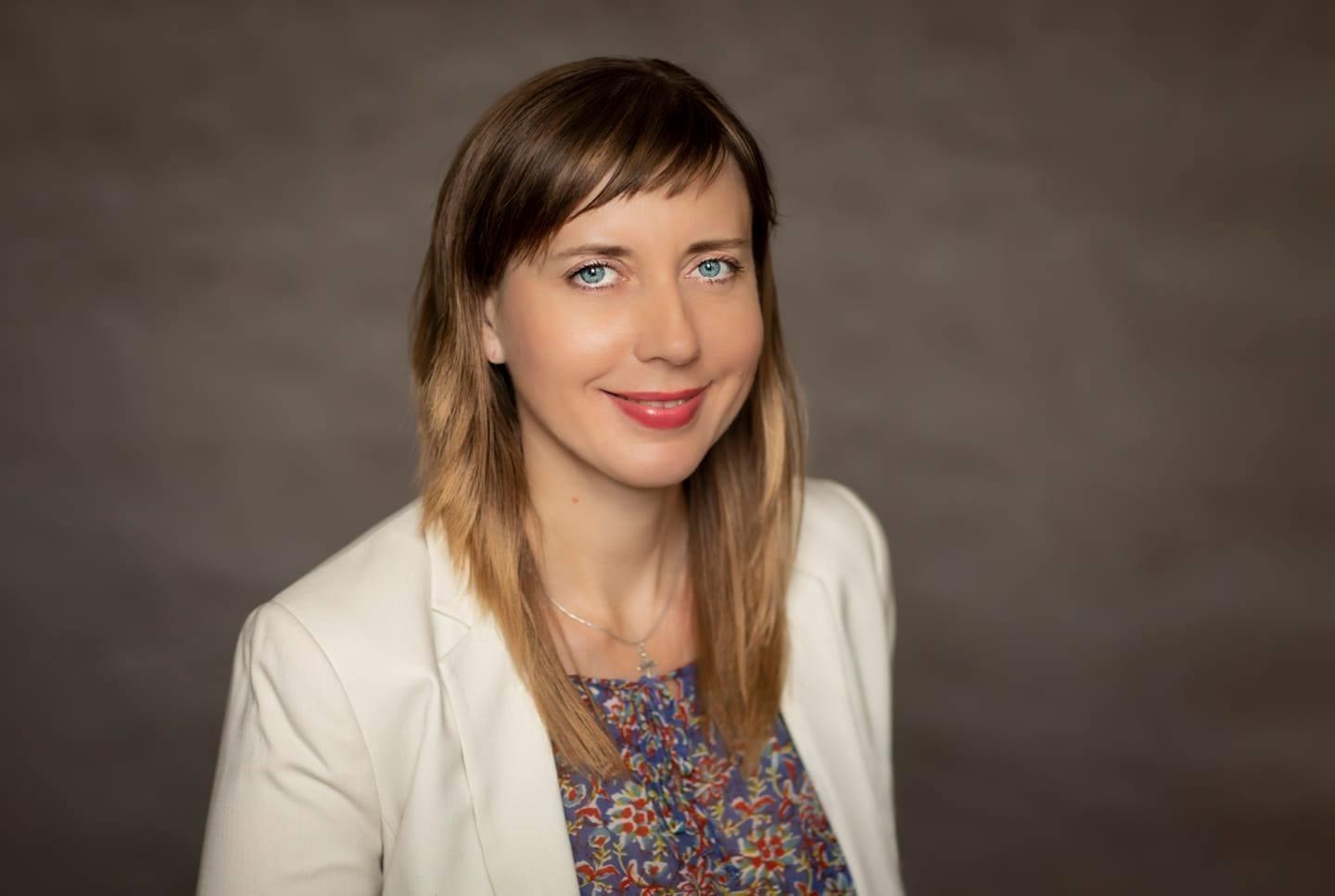Individual residencies / Olot
LIUBOV KRUPNYK
From Monday, 17 November 2025 to Monday, 24 November 2025

Bio
Liubov Krupnyk is a PhD — Associate Professor of History. Dr. Krupnyk holds a Candidate of Historical Sciences degree and serves as an Associate Professor. She graduated, specializing in World History, and successfully defended her doctoral dissertation on State Policy in the Sphere of Ukrainian Professional Art (1965–1985).
Her research expertise includes the history of national-democratic movements, cultural policy, and sociopolitical transformations in Ukraine and Eastern Europe during the late 20th century. Dr. Krupnyk has authored over 100 scholarly articles, book chapters, and exhibition catalogs, contributing significantly to the academic discourse on post-Soviet historical developments.
She has participated in numerous international research projects and conferences and completed academic internships abroad. Dr. Krupnyk is actively engaged in interdisciplinary projects aimed at documenting and preserving historical memory, particularly relating to democratic struggles and cultural heritage in post-Soviet spaces.
Project
At Faberlllull, she will work on the interaction of dissidents from the USSR territories with the Eastern Division of Fighting Solidarity.
She is currently preparing a book for publication that brings together 20 interviews recorded between 2020 and 2025 with leaders of national-democratic movements from nine countries. These individuals—coming from Lithuania, Ukraine, Belarus, Russia, Armenia, Georgia, Kazakhstan, Chechnya, and Poland—were active participants in the political transformation processes of the 1980s and early 1990s. What unites them is their collaboration with the Polish underground organization Fighting Solidarity (Solidarność Walcząca), which serves as the central theme and unifying thread of the book.
This project offers a unique transnational perspective on dissident cooperation across the former Soviet bloc. The interviewees reflect not only on their individual activism, but also on the broader sociopolitical changes unfolding across the USSR. Special emphasis is placed on Fighting Solidarity’s support for dissidents from various republics of the former Soviet Union and on the mutual exchange of ideas, materials, and solidarity.
By documenting these voices, the project not only preserves underexplored aspects of Cold War and post-Cold War history, but also contributes to a deeper understanding of the networks of solidarity that shaped democratic transformations in Central and Eastern Europe.
